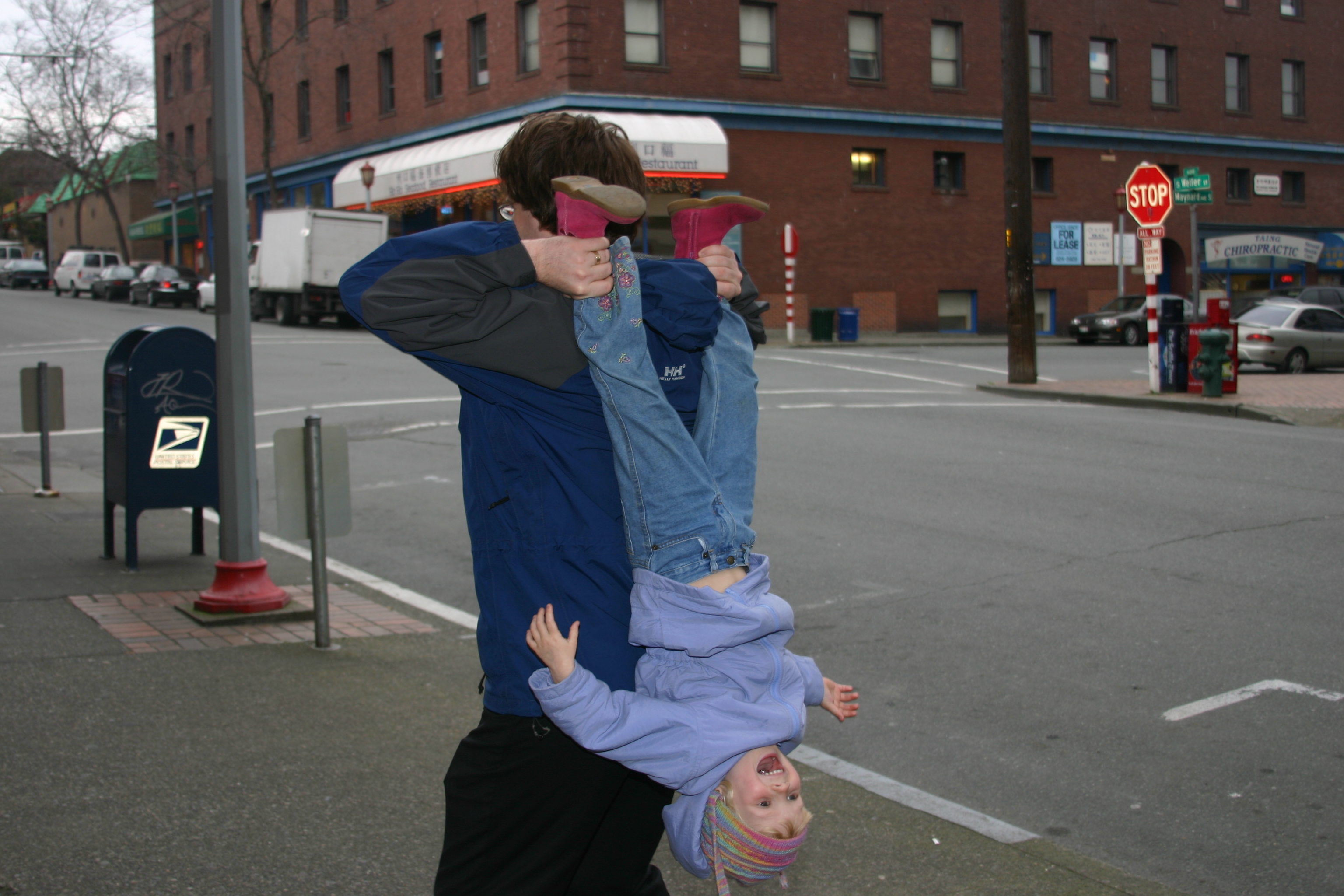[photopress:round_and_round.jpg,thumb,alignright] The most common question I get from people moving to Seattle regards their potential commute… The question typically follows this format:
“How far away from my work can I live and still have a reasonable commute?”
It doesn’t really matter whether the person is planning to work in Downtown Seattle, Downtown Bellevue, the Amazon Campus, or the Microsoft Campus, because a “reasonable commute” is different for each person.
Some people are willing to drive an hour to save money on a home (or be able to afford a home for that matter), while others want a commute that is less than 20 minutes. Across the country (and especially in the Seattle area), the farther you are willing to drive every day, the less you have to pay for a home.
Interestingly, my work as a transportation planning consultant has put me in contact with some very interesting resources. For example, I recently came across these five maps that were put together by the regional government (PSRC) that give a great indication of the average commute:
These maps are great if you know the area you are going to be working (say Downtown Bellevue) AND you know that you are willing to commute a specific distance (say 40 minutes) because then they can help you put a definitive boundary on your home search!
NOTE: These maps are created “topographical-style”. If you are new to this, imagine that the graphic is displaying a huge mountain centered on the point of interest (like Downtown Seattle). If you move anywhere within the first circle (the top of the mountain!), then your commute to Downtown Seattle would be less than 20 minutes. However, the farther out you live, the large the hill you have to climb to get to work. For example, if you were to move to Issaquah, then you could expect about a 40 minute commute to Downtown Seattle.
By the way, the maps are a little dated (they are based on 1997 data), but the commute patterns have not changed much in the last 8 years, so the trends are still pretty accurate.
The same regional model that was used to create this data also spits out data for future years! Wouldn’t it be great to have the same maps for future years (2010, 2020, etc.) so you could gauge how your commute might change? This can be done! And if there is sufficient interest, I’ll put something like this together!









